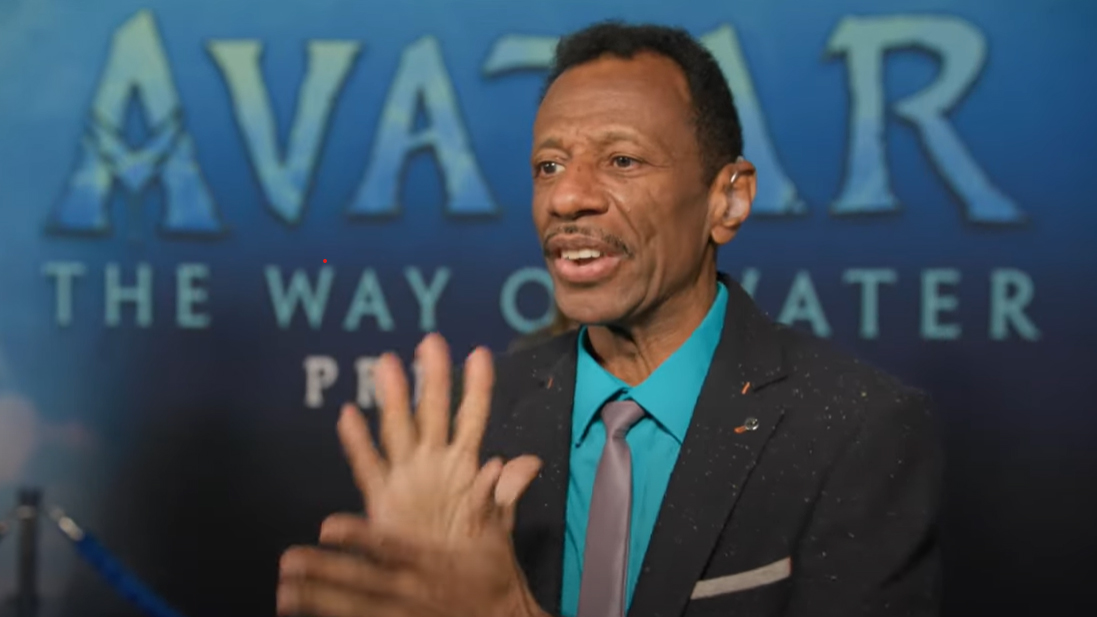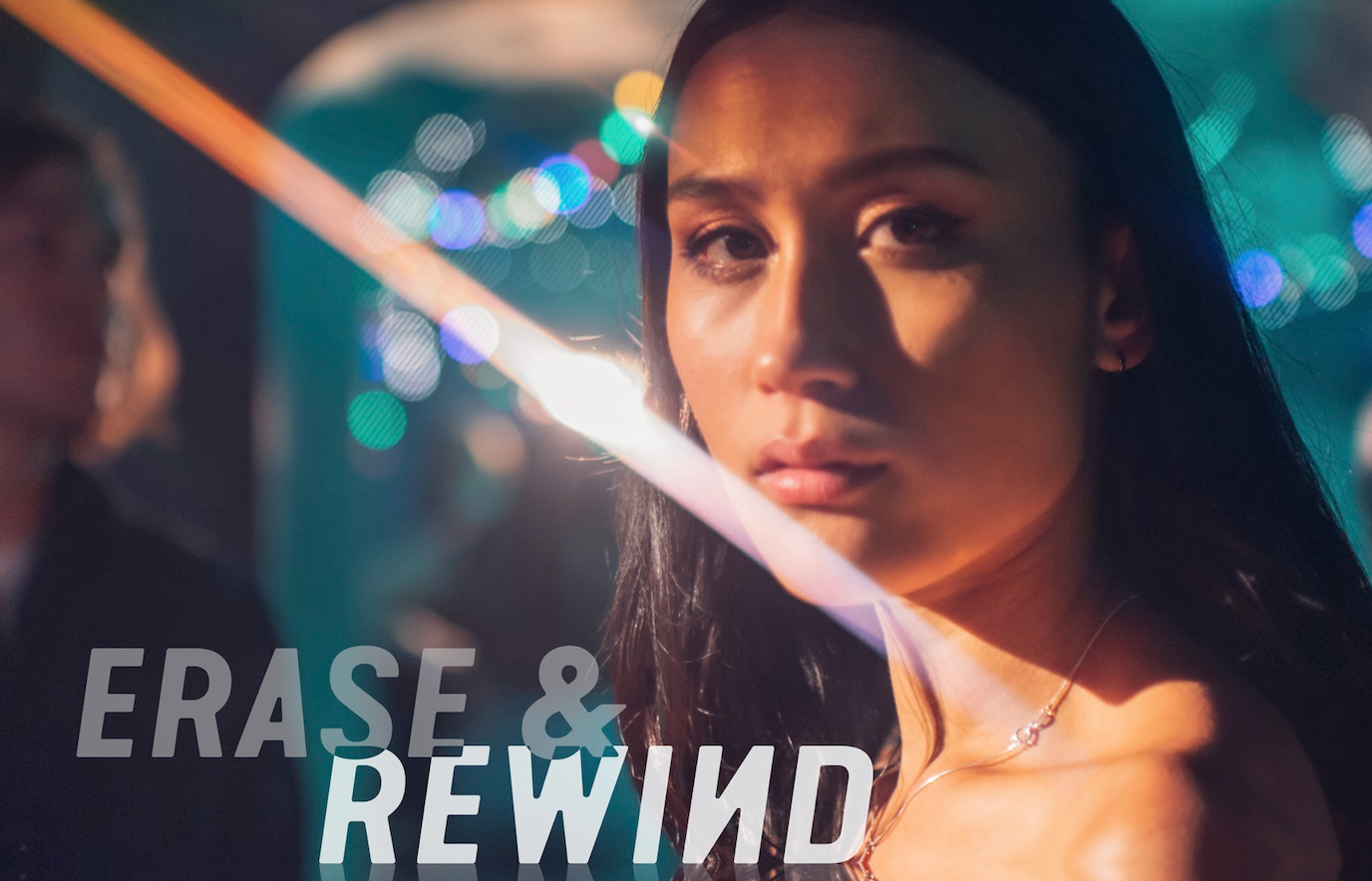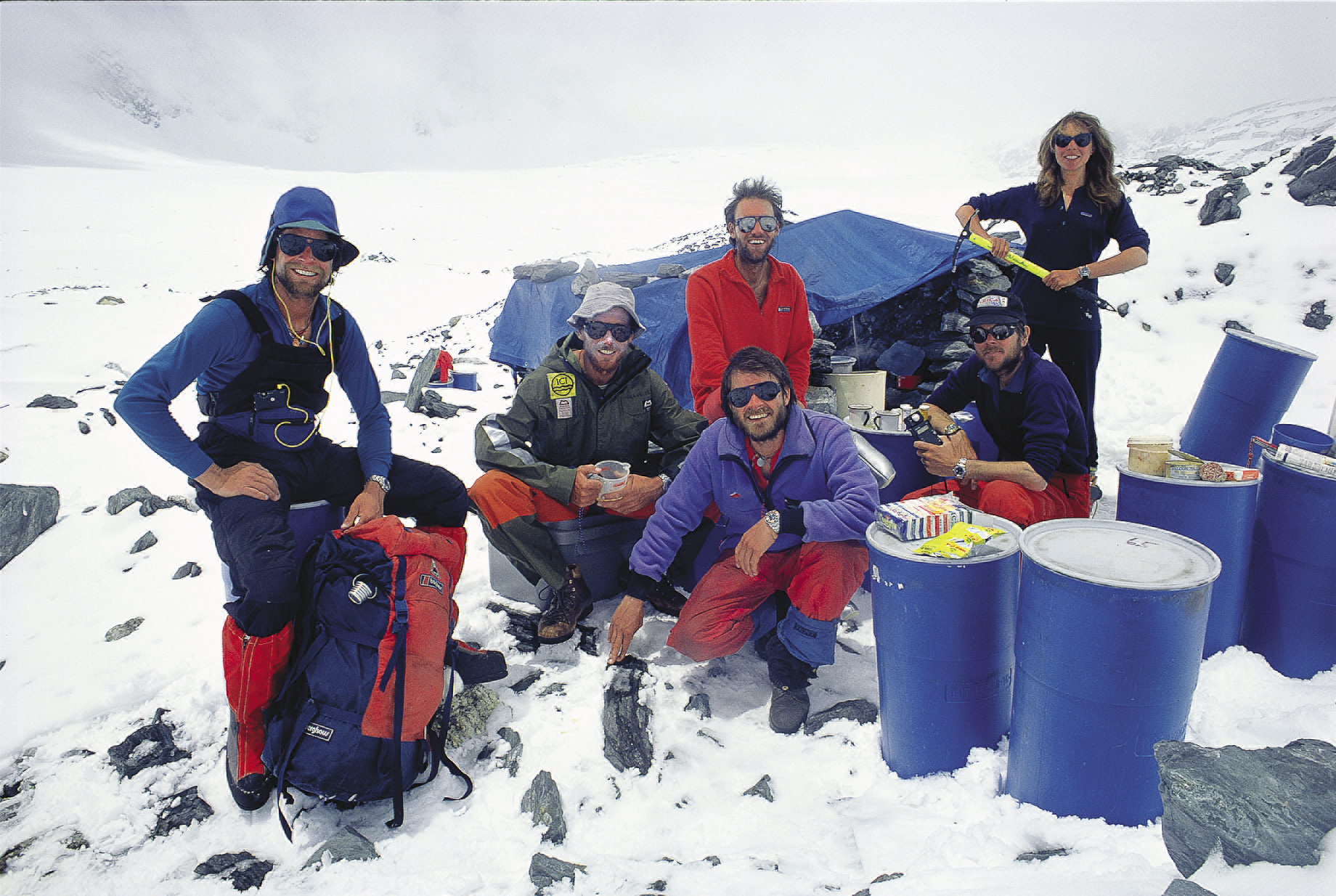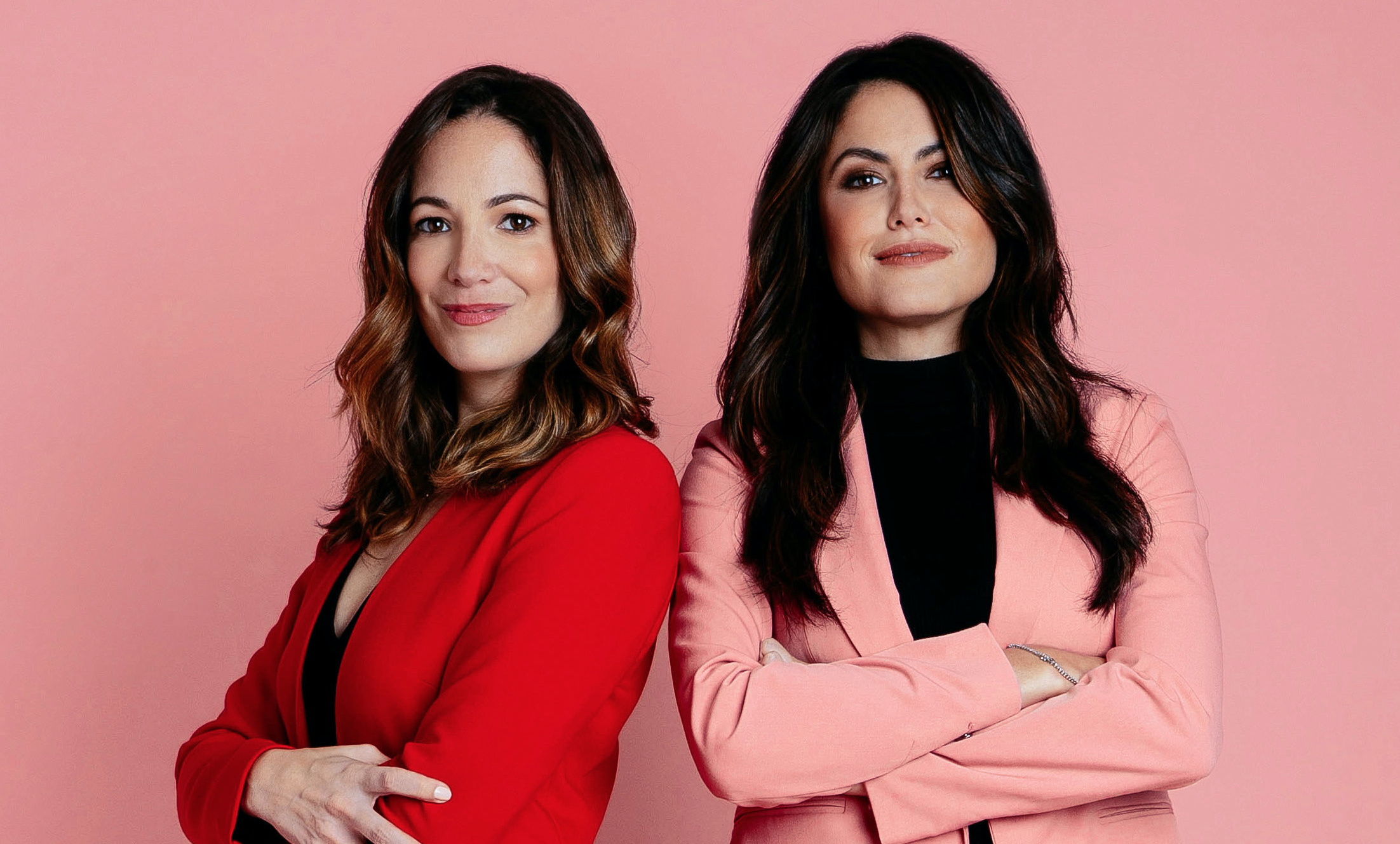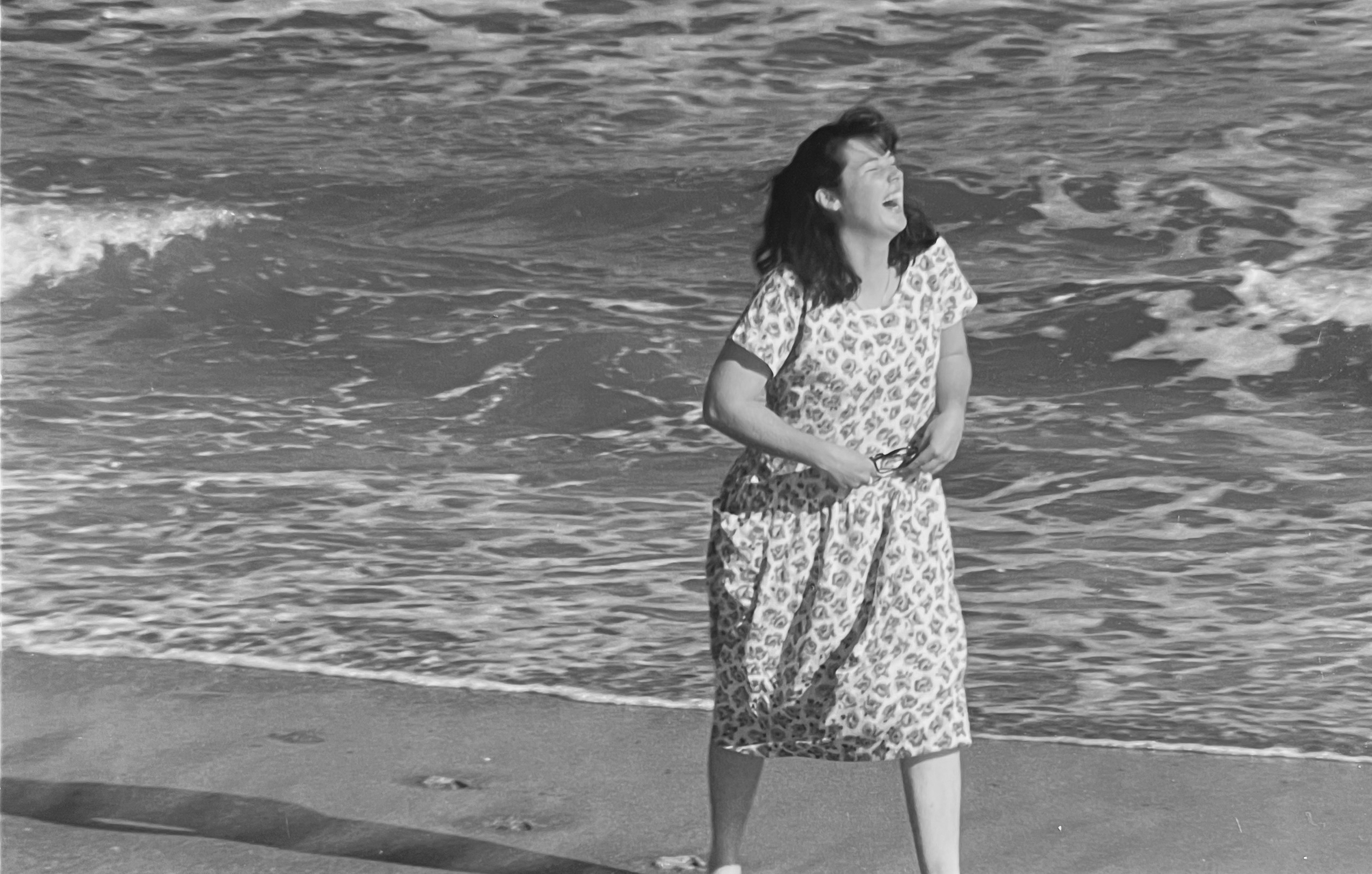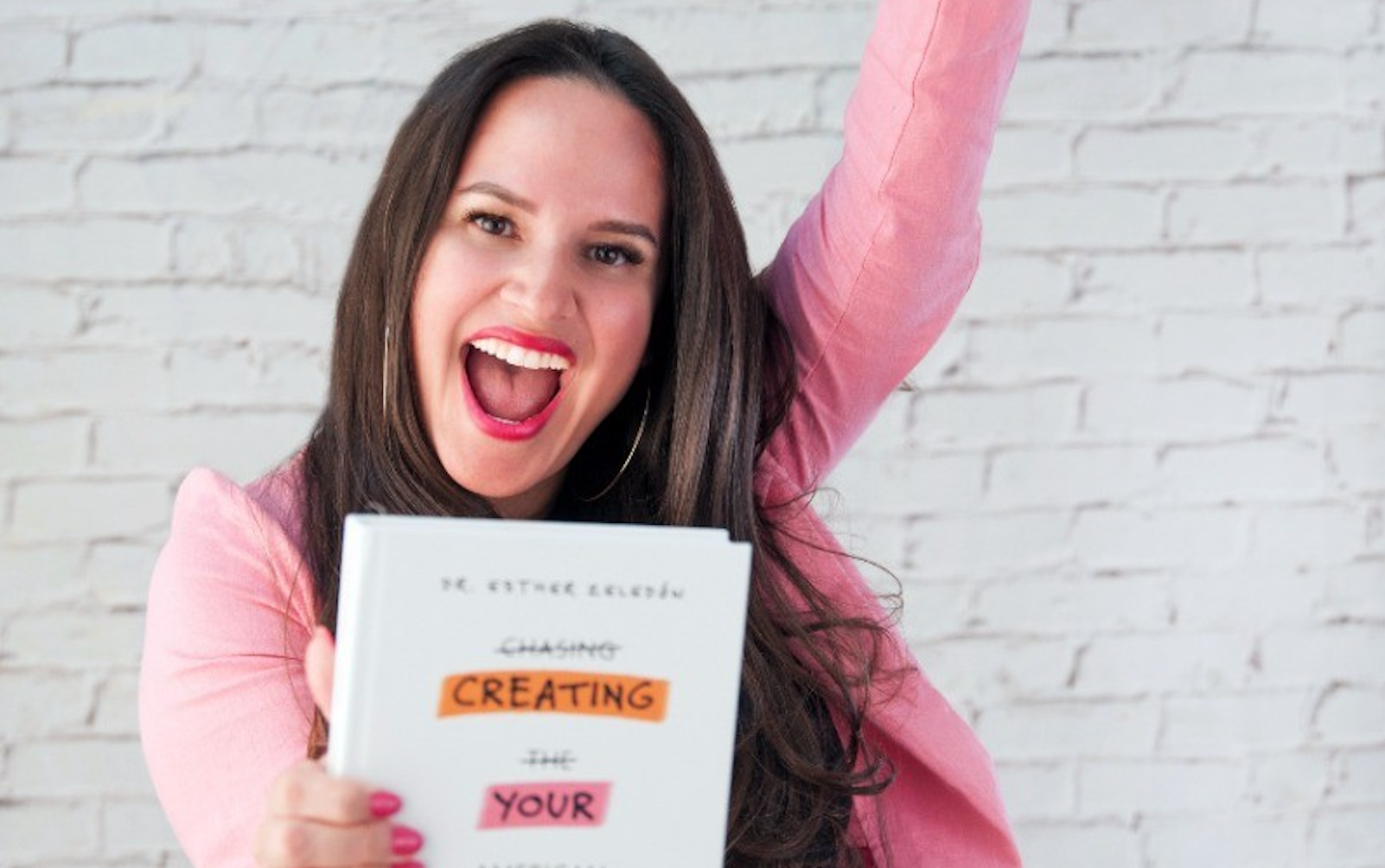
If you have been a GTHQ reader for a while, you already know how much we love award-winning documentary director Sarah Moshman. From ‘The Empowerment Project’, a film about trailblazing women in a range of industries who are breaking barriers and creating new narratives, to ‘Losing Sight of Shore‘ which followed 4 women who literally rowed the Pacific Ocean from San Fran to Australia unassisted, and her latest documentary ‘Nevertheless’ which looks at sexual harassment in the workplace through the eyes of people behind the headlines, she is a filmmaker on a mission to inspire audiences with her thought-provoking content that pushes the needle on important and timely issues.
What you should also know about Sarah is that success for her is never staying still, and constantly using her talents and creativity wherever she can. As a sought-after keynote and TEDx speaker, Sarah has also spent a number of years teaching workshops and classes sharing the knowledge and skills she has amassed over the years on set and behind the camera. In an era where Hollywood is desperately low on the gender equality meter in terms of the number of female directors hired to work on major studio films, Sarah’s career is a showcase in what it looks like to not wait for the industry to give you permission, and instead find the resources and tools to make the film that matters to you on your terms.
She is now sharing these insights in a new book called ‘Empowered Filmmaking: How To Make A Documentary On Your Own Terms‘ which takes you through the step-by-step process of how to make a documentary from developing an idea to all aspects of filmmaking: fundraising, camera, audio and lighting basics, post-production tips, marketing, distribution, impact, and lots more. Sarah shares the process on how she raised hundreds of thousands of dollars for her projects, screened her films countless times around the world, and landed a six-figure licensing deal with Netflix.
If you’re wondering how to conduct a great interview, run a successful crowdfunding campaign, bring on investors, and navigate the distribution landscape, this book has something for every aspiring or seasoned filmmaker to feel empowered to tell the stories that matter to them, on their own terms. We asked Sarah to share with us 5 filmmaking tips to get you started on your own journey:

1. You don’t need anyone’s permission to explore your creativity and get out there and be a storyteller. We desperately need more stories from the female perspective to create a more equal world. Who tells the story matters. It matters who directs the camera; it matters who chooses the shots in edit; it matters who shapes the story and determines how to present information and emotion to the audience. The filmmaker, especially in documentary films, is creating the world in which the audience is learning about a person or subject. So much of documentary is shaped in the editing room, and you bring your unique experiences and perspective to every choice regarding what to include and what to leave out. I often think about how if 10 filmmakers were given the same hard drive of footage, they would make 10 different films. You make 1,000 tiny decisions each and every day that will add up to the final film. You are the auteur, and we need to see this issue, this character, this story from your eyes—there is no one in the world quite like you.
2. Access Is Everything – When you embark on making a documentary, one of the first things to think about is access. What access do you have to this character, this issue, this story? This is very important because you want to make sure that no one else can come along and make a similar film to yours at the same time. Several filmmakers will make films on climate change, but we’re not as likely to see several films specifically featuring climate activist Greta Thunberg. And if we did, chances are they would still be quite different from one another. Carving out your unique lens will become very important for fundraising, as grant organizations and potential investors want to know that you have access to your subjects.

3. When it comes to fundraising, crowdfunding can be a great option to get your project off the ground. But how do you actually run a successful crowdfunding campaign? I get asked this question a lot, so I’ve boiled down one piece of advice for running a successful crowdfunding campaign:
How are you going to present the same information in a different and compelling way each day?
You’ve got a 30 day campaign, guess what? You cannot expect to post that same crowdfunding link every day and garner donations until you reach your goal. You are going to have to get WAY MORE creative than that. Your goal is essentially the same each day of the campaign, right? Inspire people to take time out of their day to open up their hearts and wallets and donate to your project. Some of those people will know you, and some of those will be strangers if you do this right. It’s up to you to figure out how to inspire people to want to donate to your project, and it won’t happen by reposting the same link to your campaign on Facebook and saying: DONATE NOW PLEASE. That will get lost so fast. That might not even get you very far on day one, honestly. This is where you need to get super creative and put on your marketing hat to get people to notice what you’re trying to do.
4. When you sit down to interview someone for your documentary you want to make sure you are putting your team in a great position to capture an emotional, impactful, and clear interview.
Some ways to do that are:
- Pre-interviewing your subject over the phone
- Doing your research on the person
- Writing out your interview questions
- Maintaining good eye contact throughout the interview
- Making it as conversational as possible so the person feels comfortable and forgets about the camera
- Really listening to what they’re saying
- Letting the interview evolve and flow away from your original plan
- Practice, practice, practice! It’s a skill that gets better over time
5. Don’t forget that you are in charge of how your film is distributed. You worked this hard to get here, now is not the time to give your film away or wait to be swept off your feet by a distributor. Chances are, that won’t happen and you need to be an active participant in how the film is seen in the world. Before you sign with anyone – a sales agent, distributor, aggregator, etc. Make sure you are clear on what your goals are for this film. How do you define success at this point in your career? How do you define success for this film in the world? Are you focused on revenue, impact, awards, awareness, or a combination of those? The clearer you are with your goals going into distribution, the less likely you are to get swept away in other people’s goals and definitions of success.
Purchase a copy of ‘Empowered Filmmaking: How To Make A Documentary On Your Own Terms’ by clicking HERE.












